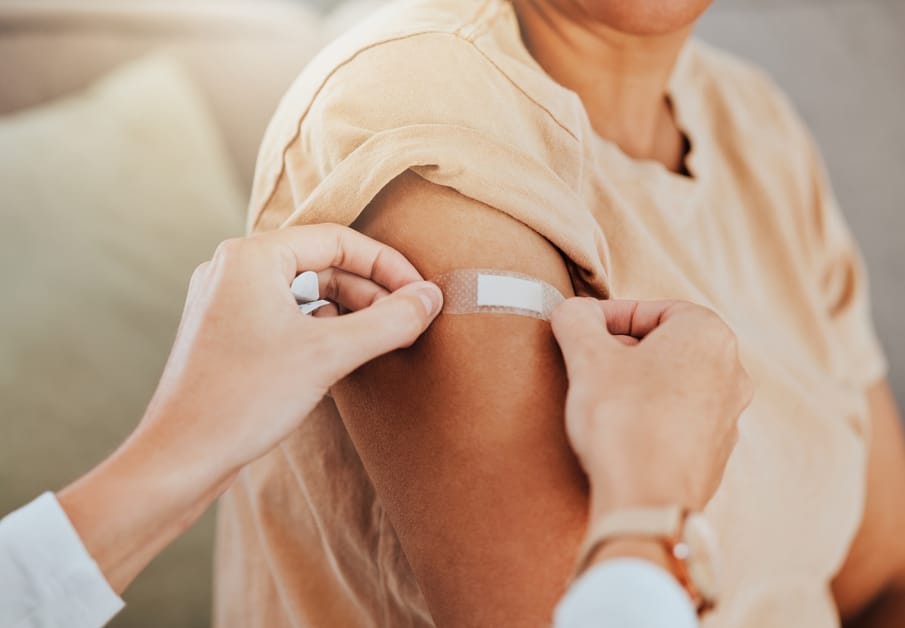Solution-focused hypnotherapist Andy Selway-Woolley explores the benefits of hypnotherapy for managing a needle phobia
What is trypanophobia, and can it impact daily life?
Some people struggle with an intense fear of needles called trypanophobia. This can make medical procedures, such as getting vaccinations or blood tests, feel deeply distressing and overwhelming.
Those with trypanophobia may experience severe anxiety, and physical reactions like sweating, a rapid heartbeat, or faintness when faced with needles – or even just the thought of needles.
Over time, these individuals may develop extreme apprehension about attending medical appointments or receiving injections, potentially stopping them from seeking medical advice, medical treatment, and/or attending regular health check-ups. This can compromise their overall health and wellbeing, through delay – or avoidance of – medical intervention.
Why might someone develop a fear of needles?
A fear of needles can start for reasons such as negative past experiences (i.e. a painful injection, or seeing someone else in pain during medical treatment). It may also come from being very sensitive to pain, or a feeling of not being in control in a medical situation, which can make the fear grow more extreme as time passes.
As these experiences get repeated, the brain – specifically the area called the amygdala, which is responsible for processing fear – can start to associate needles with danger, triggering an intense ‘fight-or-flight’ response. This reaction is particularly strong in people prone to anxiety. When confronted with a needle, the amygdala’s excessive reaction interprets it as a serious risk, making the person feel intense fear or panic.
How does hypnotherapy work to overcome a needle phobia?
In my work as a solution-focused hypnotherapist, I typically use a technique known as the ‘rewind and reframe’ method, when appropriate, to help a person overcome their fear of needles.
The ‘rewind’ phase involves guiding the person into a trance, where they can revisit their memories of needles from a safe and detached perspective. This process helps reduce the intensity of the memory by desensitising it, reducing its emotional charge in the amygdala. This approach helps to lessen the automatic fear response, making it easier for the person to face situations involving needles calmly, and with more confidence.
In the ‘reframe’ phase (the following session), we work with the person on building new, positive associations. Through guided visualisation, the person imagines themselves feeling calm, in control, and relaxed when faced with situations involving needles. This process helps to shift their perspective, reducing anxiety, and increasing their confidence in handling these moments successfully.
Andy’s top tips to help manage a needle phobia during a medical visit
-
Practise deep breathing). Before and during your appointment, perform deep, slow breaths. This will calm your body and mind. Breathe in deeply through your nose for a count of four, hold for a moment, then exhale slowly through your mouth for a count of four. Repeat this several times to initiate your body’s relaxation response, helping to reduce anxiety.
-
Try to divert your attention. Bring headphones to play music, or look at an object in the room to take your mind off the needle, shifting your focus.
-
Practise positive visualisation. Picture yourself remaining calm and confident during the experience (positive rehearsal), positively impacting your mindset and reducing anxiety.
-
Communicate with your healthcare professional. Let the professional know about your fear/phobia, so they can support you. This can allow them to potentially adjust their approach, to make you feel more comfortable.


Comments